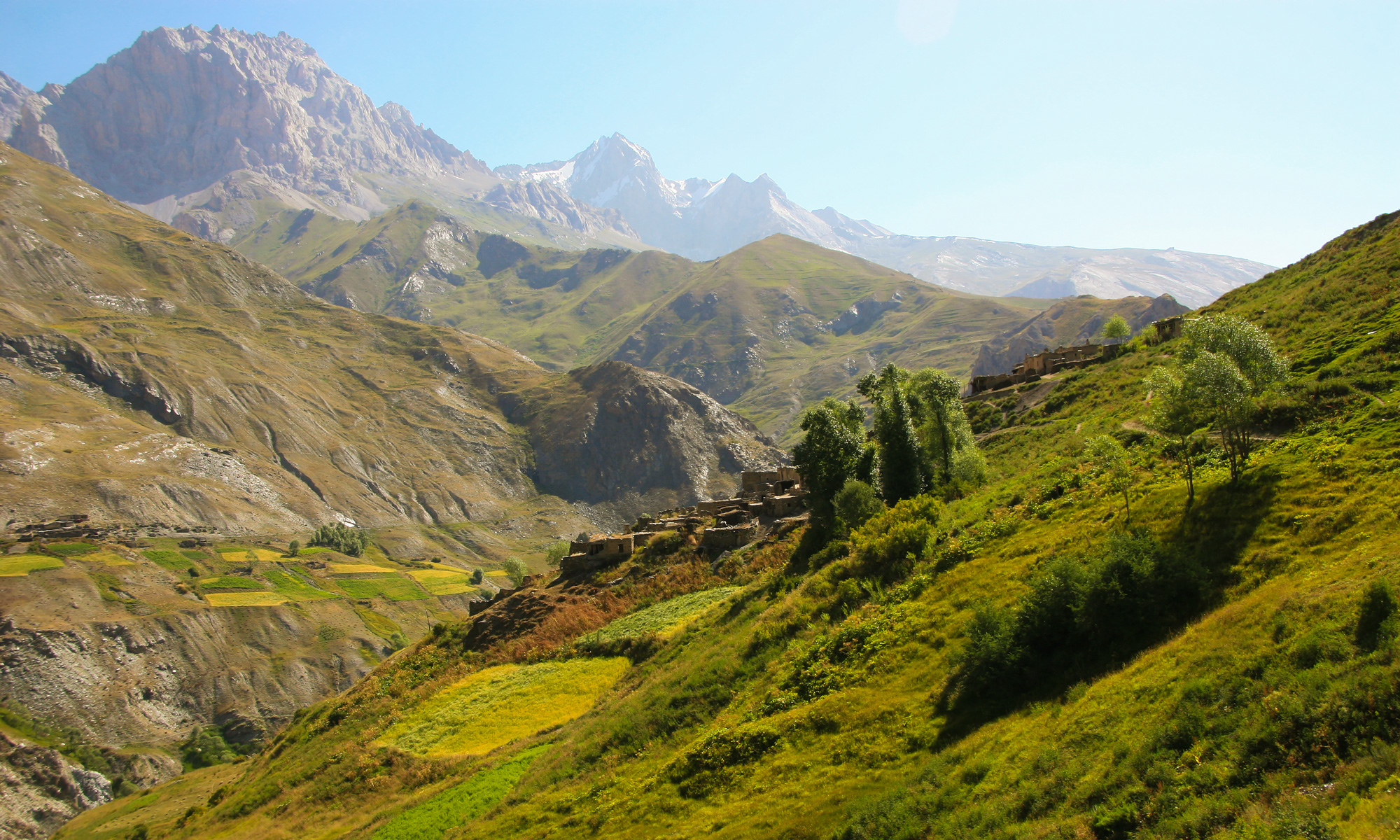In the high-altitude communities of the Yaghnob Valley, life moves with the rhythm of the land—planting and harvest, thaw and freeze, birth and aging. But there is another rhythm, less visible and more quietly endured: that of the menstrual cycle.
For adolescent girls and women in Yaghnob, menstruation remains largely unspoken. It is managed without support, internalized without education, and burdened by stigma. In a context where health services are scarce and taboos are strong, menstruation is not just a private matter—it is a public health challenge and a gender equity issue.
Menstrual health is nearly invisible in health assessments conducted across the Yaghnob Valley. Interviews and field notes reveal a pattern of indirect language, with terms like “not well” or “her time” used to reference menstruation. The absence of clear terminology reflects a deeper silence: menstruation is treated as a source of shame rather than a normal biological process.
There is no standardized vocabulary taught in schools or used in clinics. Discussions happen, if at all, behind closed doors and in whispers. Girls often enter puberty with limited knowledge and little preparation—learning what they can from older relatives who themselves received no formal guidance.
Access to menstrual products is extremely limited in the valley. Disposable pads, pain relief, and soap are often unavailable or unaffordable. Girls and women typically use scraps of cloth—reused, hidden, and washed without privacy. There are no designated disposal sites, no women-specific latrines, and little access to clean water in winter months.
Pain is endured without relief. Soiled garments are sources of shame. In some cases, girls report missing school during their periods due to fear of teasing or the simple lack of a toilet with a door.
As one teacher observed:
“The girls do not complain. They just disappear for a few days.”
In households where menstruation is considered impure or spiritually sensitive, girls may also be excluded from food preparation, religious spaces, or social gatherings—without any explanation beyond custom.
Menstrual health is not just a hygiene issue—it is a determinant of equity. The stigma and lack of resources surrounding menstruation in Yaghnob contribute to:
-
Reduced school attendance among adolescent girls
-
Undiagnosed reproductive health issues
-
Increased risk of infection from unsafe menstrual practices
-
Psychological stress, isolation, and internalized shame
Where there is no language to explain, no materials to manage, and no safe space to share, the menstrual cycle becomes a monthly source of risk—not renewal.
Currently, there is no structured menstrual health education in Yaghnobi schools. Few teachers are equipped to address the topic, and there are no trained community health workers focused on adolescent reproductive health.
This is a missed opportunity. Menstrual education, when delivered in culturally sensitive ways, has proven to improve health outcomes, reduce stigma, and empower girls to remain in school longer. It also opens channels for broader conversations about puberty, health, and gender equality.
In the Yaghnobi context, this could mean training respected elder women or teachers to lead small-group discussions, using familiar vocabulary and trusted spaces. Even basic interventions—such as the provision of reusable pads and soap, or workshops for mothers and daughters—could have transformative impact.
Menstrual health education must be framed not as an imposition from outside, but as a conversation grounded in care, dignity, and local language. Empowering girls to understand and manage their cycles safely is a basic right—and a foundation for lifelong health and confidence.
Improving menstrual health in Yaghnob requires multi-layered, community-based interventions:
-
Distribute reusable menstrual kits (pads, soap, underwear, bags) through local schools and clinics
-
Train female educators and elder women as menstrual health ambassadors
-
Integrate menstrual hygiene education into life skills or health curricula in local schools
-
Ensure privacy and safety in school sanitation facilities
-
Promote community dialogues to reduce stigma and encourage male allies (fathers, teachers, leaders)
To speak about menstruation in Yaghnob is to challenge generations of silence. But that challenge need not be loud. It can begin in circles of trust—with mothers, teachers, grandmothers—sharing knowledge without shame.
For too long, girls have borne this burden alone. The path to equity begins with recognition: that menstrual health is not peripheral. It is central to health, to education, and to dignity.
